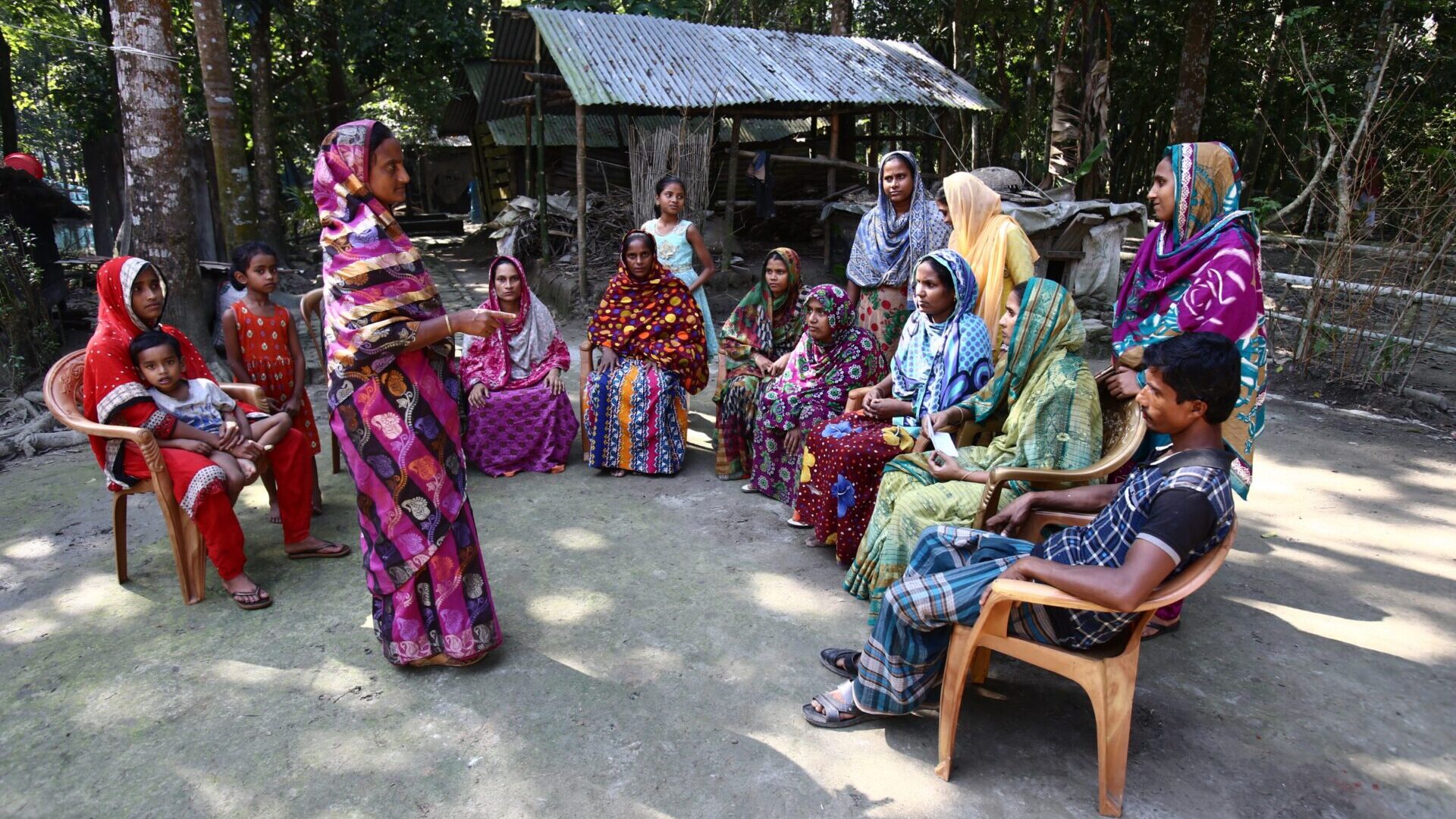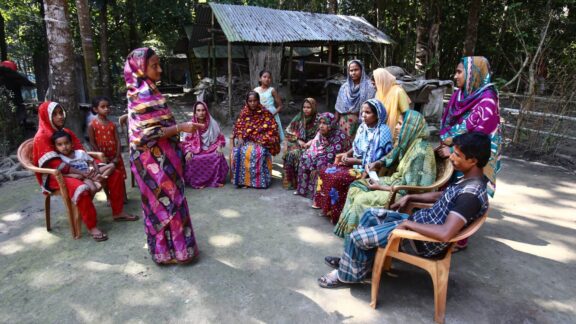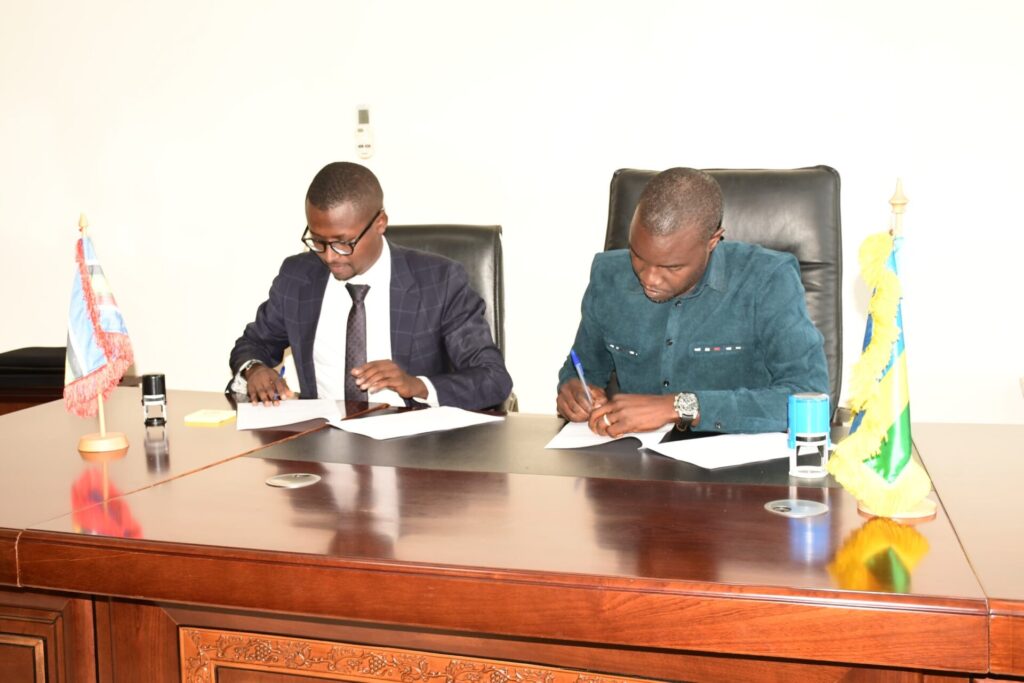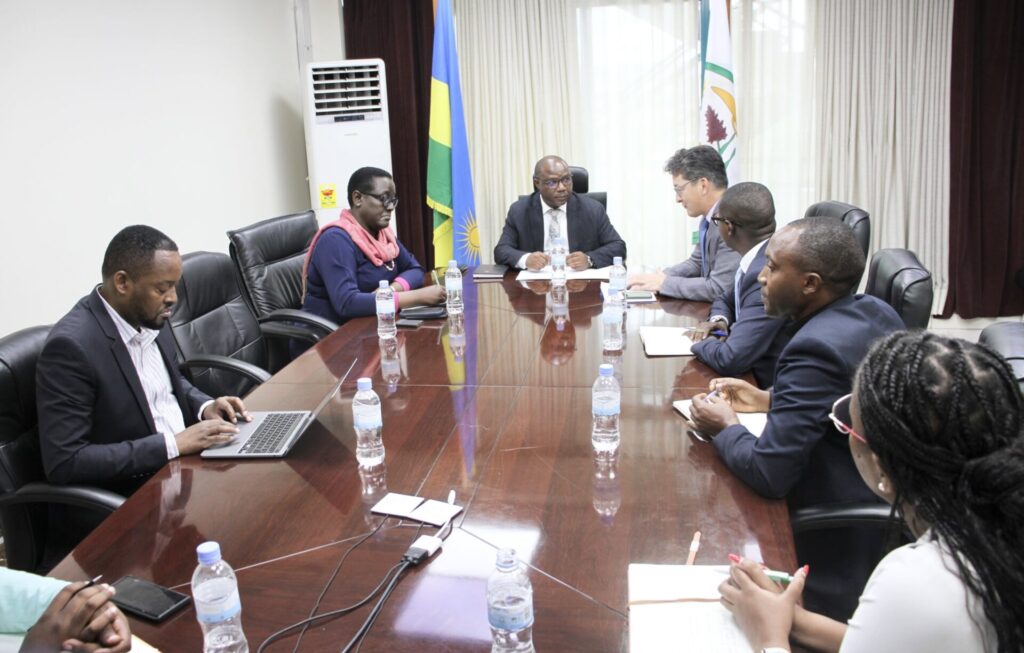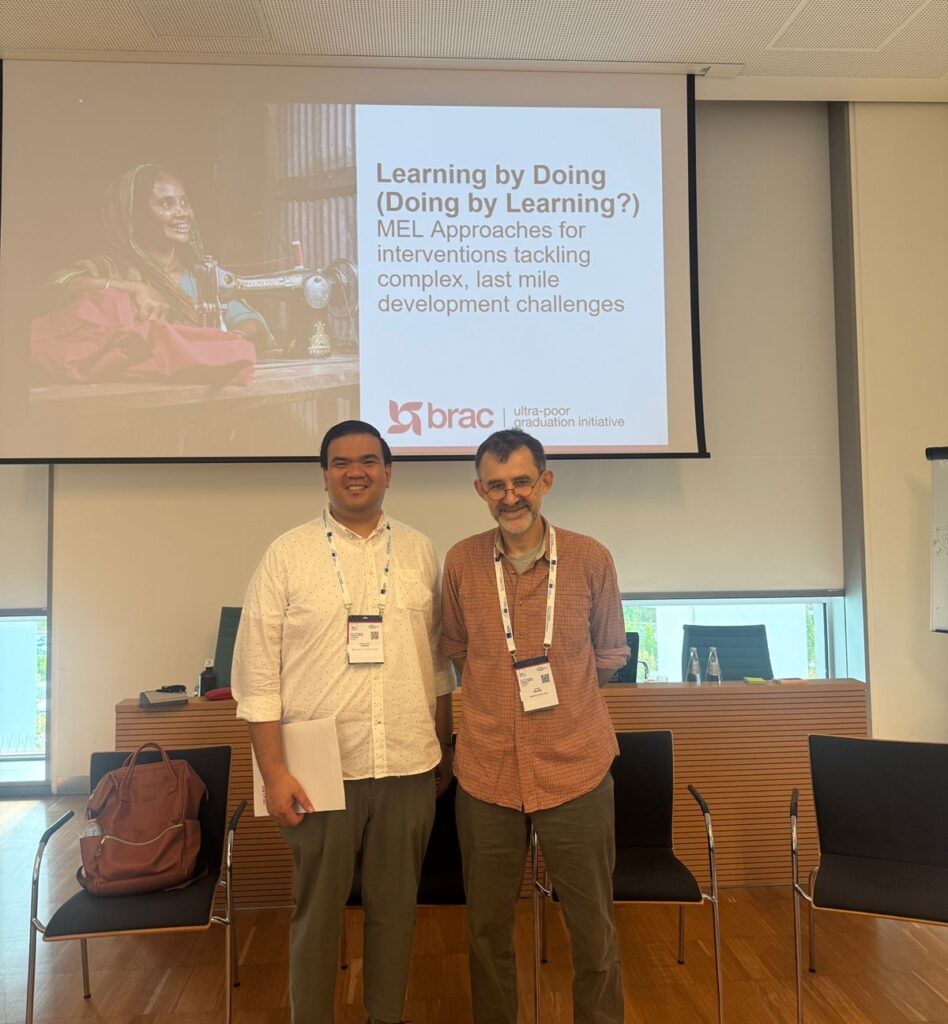By Rozina Haque | Programme Head, BRAC Ultra-Poor Graduation Programme
The launch of the World Bank’s State of Economic Inclusion Report 2021 provides a timely opportunity to reflect on the integral role learning and adaptation has played in BRAC’s programming, particularly on the success of the Ultra-Poor Graduation program (UPG) in Bangladesh (detailed in a newly released case study). Building programs that not only combat the pervasive nature of poverty, but also meet the long-term needs of the world’s most vulnerable and marginalized communities is something we are committed to achieving. Since the founding of BRAC in 1972, adaptation based on data and research as well as learnings from field experience has been a core tenant of our methodology. At BRAC, learning and innovation go hand in hand. When closer evaluation of various development programs including microfinance in the late 1990’s revealed we were not reaching and serving the needs of the poorest people, we applied this mentality to reinvent how we could promote food security and build strong and sustainable livelihoods for those stuck in the poverty trap.
The result was BRAC’s flagship UPG program, which was established in 2002 and has since been scaled to reach nearly nine million individuals in Bangladesh. But that was only the first step in a long line of iteration and adaptation that has allowed the program, and the subsequent global pilots and programs, to meet the evolving needs of our participants. The program’s ability to provide people with the right tools and resources to lift themselves from extreme poverty for the long term was significantly influenced by rigorous evaluations. Pulling in key findings from one of the world’s longest and largest randomized controlled trials (RCT), and leveraging monitoring and evaluation from both field staff and research studies, has built a better understanding of how to better reach people who were otherwise left behind and meet their complex needs within the local context.
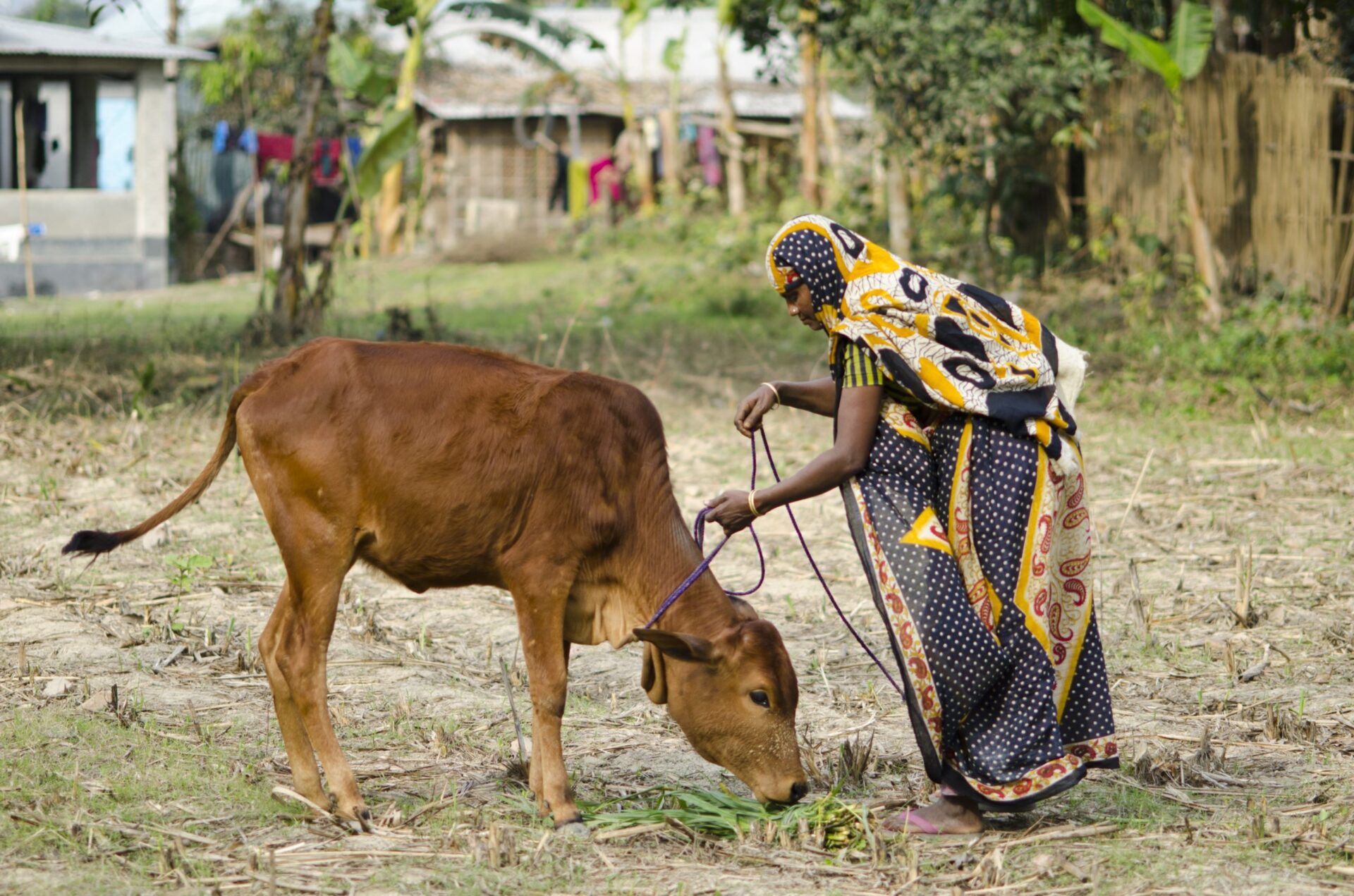
Formed out of the destruction from the war for independence and one of the world’s largest cyclones, BRAC has paid close attention to the special circumstances surrounding the poverty context in Bangladesh. Once one of the poorest nations in the world, the country has seen a rapidly growing economy despite various external shocks. Since the early 2000s Bangladesh has experienced a steady growth rate over five percent, and seen an impressive and steady rate of poverty reduction. By the beginning of 2019 the extreme poverty rate stood at 10.5 percent, down approximately 24 percent in almost two decades, a result of the increase in quality and efficacy of government services combined with a growing role nonprofits played in filling the social service void post-independence. Unfortunately much of the poverty reduction work that has been done in Bangladesh and around the world over the past decades has been quickly undone in a matter of months due to COVID and its lasting impacts on the most vulnerable populations.
The UPG program is committed to leave no one behind by ensuring recognition of gender equity barriers, engagement of the local community and leadership, and limiting exclusion of marginalized groups through techniques like a participatory rural appraisal (PRA), door-to-door surveys, verification. Through the provision of livelihood assets, technical training, cash transfers, and regular hands on coaching and mentoring, the Graduation approach addresses participants’ multidimensional needs and builds better integration into society, development of social connections, improvement of self-esteem and confidence, and establishes agency within the household and community.

To date the UPG program in Bangladesh has completed four major iteration phases spanning almost two decades, using two main questions to guide its adaptation: Which program elements are essential for the extreme poor in the current context? and Where can BRAC optimize to be more efficient? The intense testing undertaken by program staff and research studies from the BRAC Institute of Governance and Development (BIGD) established an adaptive learning mechanism that allowed the program to recognize the complexities within extreme poor communities as well as their varied access to productive resources. The program has leveraged rich data to make quick but significant changes that have immediate effects on participants. While the time and monetary cost of such a process might be seen as a major constraint for many development organizations, it was this integration of research and program design that has seen the program flourish in over two thirds of the country, now reaching far outside Bangladesh.
Long-term investment with adaptability was a key driver in creating conditions of flexibility and sustainability needed to enhance overall program outcomes and impacts. While the interactive approach of BRAC’s Graduation programming implies the design and interventions will continue to evolve with the needs of those we serve, the initial process produced useful key learnings that can be of use to organizations looking to build targeted and impactful economic inclusion programs to scale.
Although the program is also focused on improving the extreme poverty context at a macro-level, learnings from the program’s most recent iteration assessment found it to be more vital for Graduation programming to maintain a focus on helping participants achieve a basic standard of living. This was done through the segmentation of participants and program interventions, creating a more nuanced approach to cohort design. The common practice of the program to customize its services and activities based on participants’ needs has always been in the forefront. That is why we have relied heavily on learning mechanisms to make major revisions to the program. Strong feedback mechanisms from participants, communities, and operational research forges a deeper understanding of program issues, better management decisions, effective delivery of program interventions, and program iteration. Integration of continuous iteration and adaptation with BRAC’s culture of learning and research has allowed the program to achieve a highly impactful program at scale, setting the course for future programs around the world.
As we look to the future of social protection, one thing is certain: adaptation, data, and research is crucial to the success of building impactful programs to scale. What started out as a pilot targeting 5,000 households in 2002 has been incrementally scaled and has now reached over 2.1 million Bangladeshi households as of December 2020, and with support from BRAC Ultra-Poor Graduation Initiative, we aim to help 21 million more lift themselves from extreme poverty by 2026.
The COVID-19 crisis has hammered home the need to be able to quickly react to changing contexts and world events, and BRAC’s Graduation approach was designed to do just that. It is our wish that we can use these lessons learned to further expand our reach.

Read More: Adapting Programs to Meet the Needs of the World’s Poorest People

